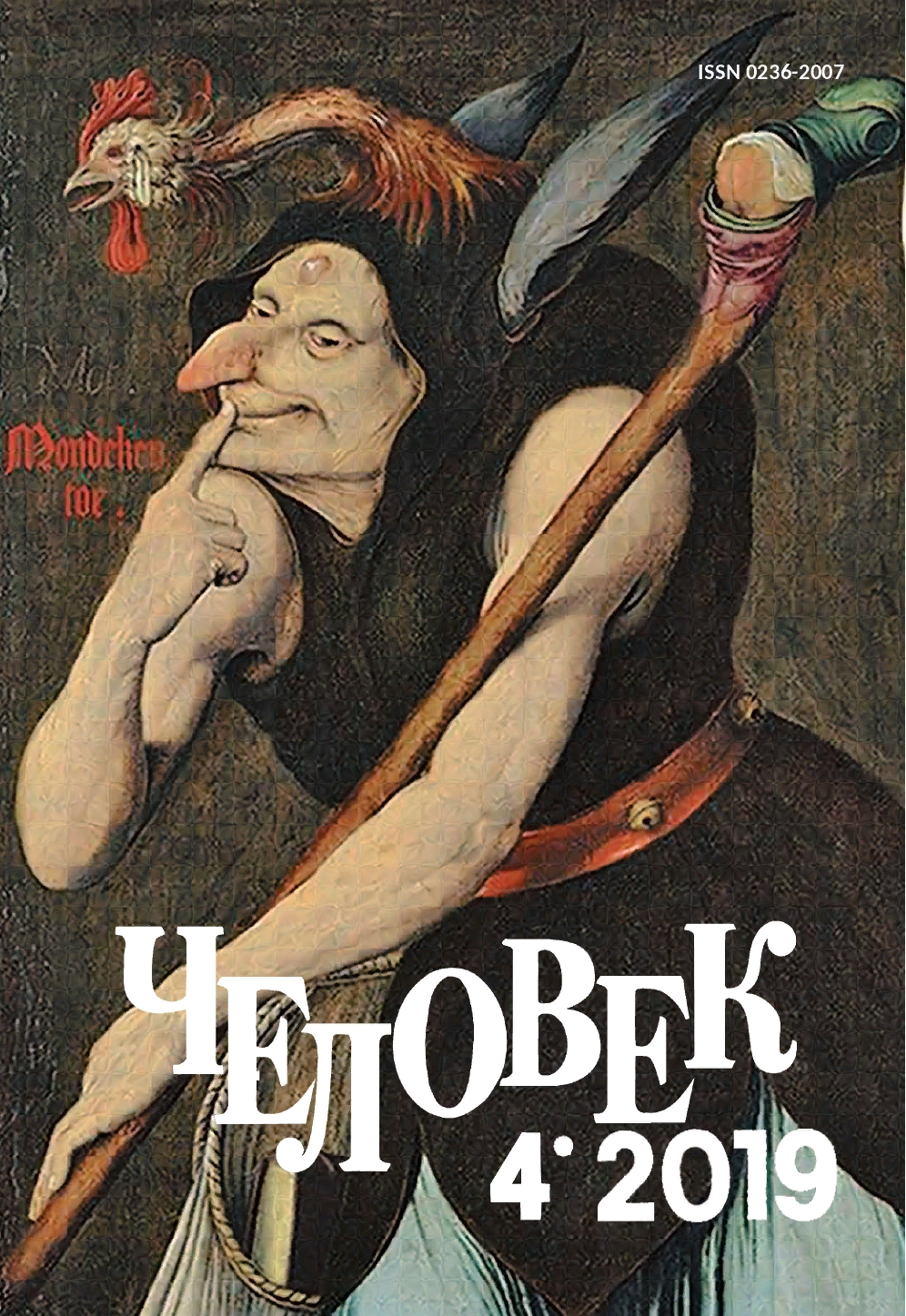Impartiality: the Analysis of a Moral Concept
Keywords:
morality, impartiality, formal moral features, universality, of morality, first-order impartiality, second-order impartialityAbstract
The paper analyses the meaning and the place in the moral experience of the phenomenon of impartiality. There is a possibility to understand impartiality as a formal feature of moral principles and judgments. In that case, it appears to be the direct effect of the way moral concepts are generally used. At the same time, the necessity to treat all the recipients of an action impartially could be inferred from the basic normative content of morality i.e. the equal intrinsic value of every human being generating the duty to promote his\her good. Some contemporary ethicists advance the thesis that the duty to be impartial pertains only to a part of moral values. According to B. Gert, it is appropriate in the sphere of basic prohibitions on different types of harming and justified exceptions to them. The fulfillment of positive duties (following moral ideals) allows an unlimited preferential treatment of close persons and groups. The analysis of the common morality does not corroborate this thesis. The impartial attitude is required of a moral agent fulfilling positive duties, though, in some specific conditions it could be overridden by the most important personal relations, commitments and attachments. It is essential for morality that such situational priority of partial reasons should be justified from an impartial perspective. This implies that moral impartiality plays a dual role: it is a criterion of right and wrong in the sphere of actions and a basis for choosing principles that establish external limits of partiality. The author tries to demonstrate that this duality does not create insoluble normative and motivational paradoxes.






